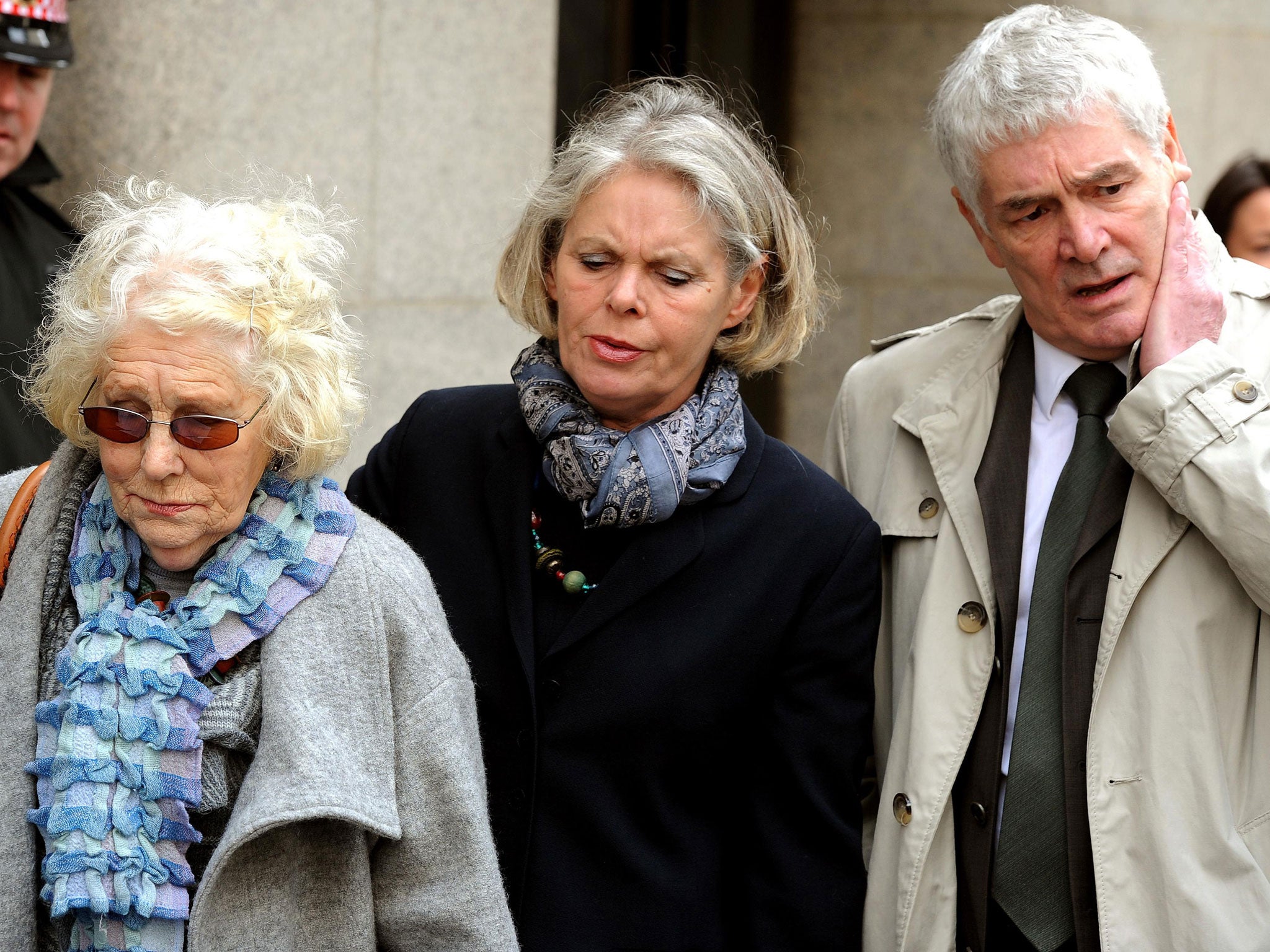Teresa May appoints Baroness Nuala O’Loan to head up inquiry into the notorious unsolved Daniel Morgan murder case

The quest for the truth over Britain’s most notorious unsolved murder received a major boost today after a well respected former Northern Ireland police ombudsman was appointed to lead an independent inquiry into the case.
Baroness Nuala O’Loan, who uncovered some of the British state’s darkest secrets during its “dirty war” in Ulster, has agreed to lead the panel into the murder of Daniel Morgan, a private investigator who was found in a south London pub car park with an axe embedded in his skull in 1987.
The case has been plagued for 27 years with serious allegations of police corruption. Five investigations costing more than £30 million have failed to secure any convictions. Two prosecutions have collapsed before the trial began and evidence could be heard in open court.
Today, Home Secretary Theresa May, who commissioned an independent inquiry into the murder last year, announced that Baroness O’Loan had agreed to head a Hillsborough-style panel into the murder.
She said: “The remit of the Panel is to shine a light on the circumstances of Daniel Morgan’s murder, its background and the handling of the case over the period since 1987. I am very grateful to Baroness O’Loan for accepting this important role and look forward to the Panel completing its work.”
Baroness O’Loan won a reputation for fierce independence as Northern Ireland’s first Police Ombudsman from 2000 to 2007, during which time she investigated thousands of cases, including the police handling of the Omagh bombing in 1998 and police collusion with loyalist paramilitaries engaged in the most serious crime between 1990 and 2002.
In a devastating finding on the Omagh attack which killed 29 people, she found that the Northern Irish police had prior knowledge of the bombing and questioned the leadership of Northern Ireland's then Chief Constable Sir Ronnie Flanagan.
Daniel Morgan was murdered in 1987 amid claims he was about to blow the whistle on links between corrupt police officers and organised crime.
A senior executive from the News of the World is a close associate of one of the main suspects. The Met has evidence of this relationship stretching back to the 1980s but failed to act upon it.
However, in a sign of the sensitivities surrounding the case, Lord Justice Leveson decided he would not probe the affair during his Inquiry into the press and police, claiming it would entail a “lengthy and time consuming analysis of the very considerable detail”.
Baroness O’Loan said: “It is more than 27 years since Daniel Morgan was horrifically killed and his family have endured an agonising wait for the truth to be established. There is a great deal of work to be done.
“I will do everything in my power to ensure that the panel works effectively engaging fully with all the members of Mr Morgan’s family, to produce a report which will shine a light on what happened to Mr Morgan, and how his case has been handled since 1987.”

Conservative MP Tracey Crouch, a member of the media select committee who accused Lord Justice Leveson of being “flummoxed” when she questioned him about the case, said: “There is something about the Daniel Morgan murder that makes the Establishment very nervous, as evident in the recent Leveson inquiry and subsequent questions to Sir Brian at the culture, media and sport select committee.
She added: “It is important we find out what it is and get justice for Daniel and his family.”
Kevin Fulton, a former British agent who infiltrated the IRA on behalf of MI5 and who has himself fallen foul of Baroness O’Loan’s findings in Northern Ireland, said of her new appointment: “Hannibal is at the gates. A lot of people need to be very afraid.”
Following years of pressure, Theresa May initially granted the Morgan family an independent judge-led panel to investigate the Daniel Morgan case last May. But progress has been painfully slow.
Sir Stanley Burnton, the judge initially appointed to lead the panel, stepped down for “personal reasons” last November and was not replaced for nine months - until today’s announcement.
The scale of its task was brought into sharp focus earlier this year when Craig Mackey, the Deputy Commissioner of the Met, revealed there were one million pieces of paper relating to the Morgan case in Scotland Yard’s vaults.
However, in March – almost one year since the Home Secretary announced the panel – ministers revealed it had obtained just 700 documents relating to its inquiries – 0.0007 per cent of the total.
The Daniel Morgan Panel is modelled on the Hillsborough Independent Panel, the inquiry into the deaths of 96 football fans at Sheffield Wednesday stadium in 1989. The Hillsborough inquiry was appointed in 2010 and reported in 2012.
